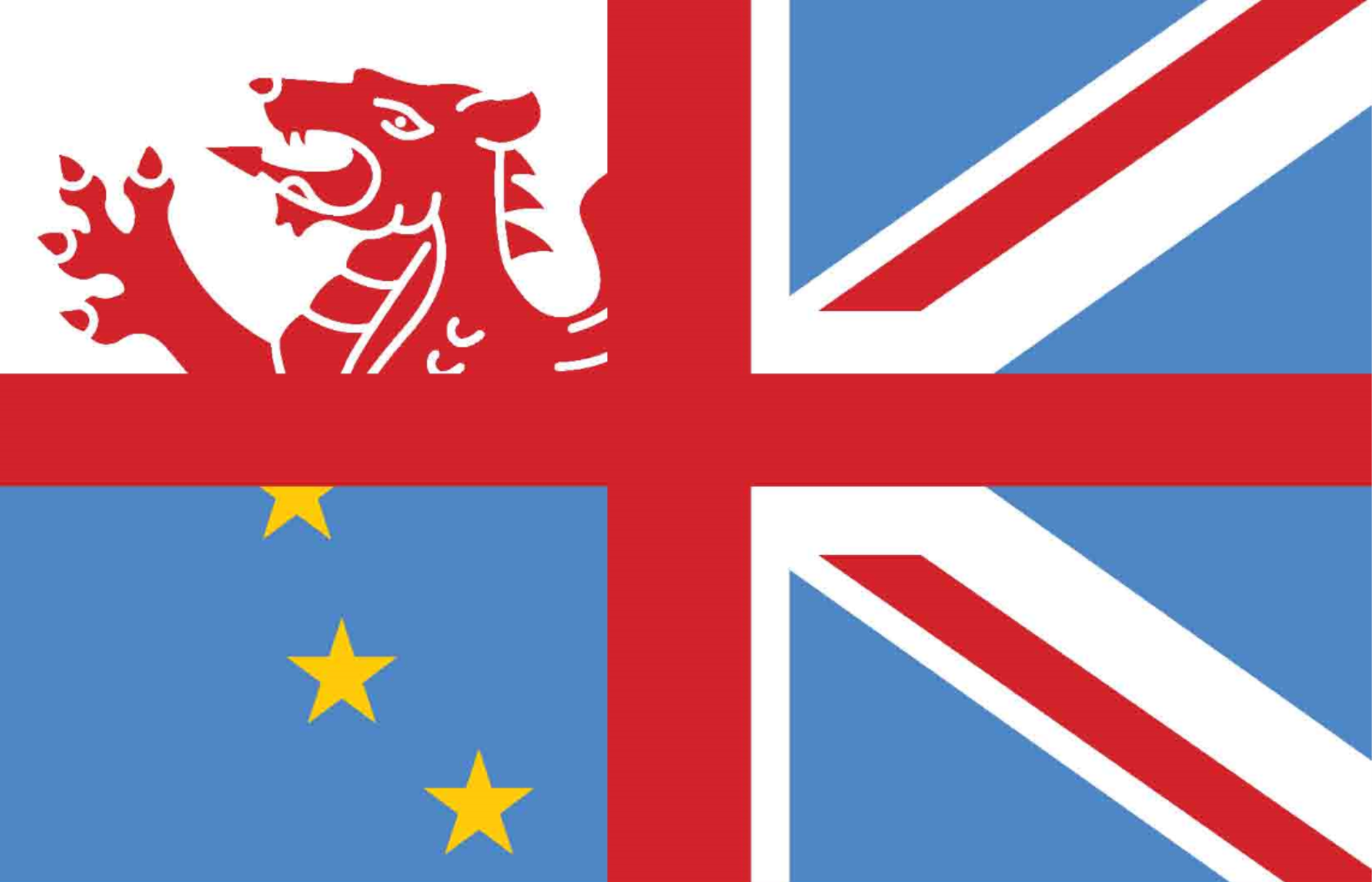Welsh Affairs Committee Inquiry: Implications for Wales of the EU referendum result

The EU referendum saw 52.5% of voters in Wales choose to leave the EU. It is still early days for the new Government, in terms of negotiating the UK’s exit from the EU. However, it is important that Wales has a voice during this process, and that the implications for Wales are examined. The Society has submitted the following comments to the Welsh Affairs Committee inquiry.
The academic community in the UK has a long and distinguished history of international research and as a result has cultivated long established cooperation with external institutions and colleagues. Membership of the EU has greatly facilitated and enhanced this collaboration between Britain and Europe, benefitting British Universities in many ways. Significant numbers of staff from other member states work in our universities, and the bi-directional exchange of students has advantaged individual British students as well as fostering a more diverse and stimulating academic community in UK universities. The referendum result has profound implications for Wales but looking forward, The Learned Society of Wales (LSW) considers it important that Wales vis a vis the UK negotiations has the opportunity to retain and build upon these international links.
[…]
The European Charter of Regional or Minority Languages, a Council of Europe convention, has long supported these languages across Europe. It has subsequently been taken up by the European Union, both politically and financially. The Welsh language has benefitted significantly. After Brexit, the European Charter will still be binding on Council of Europe member states, including the United Kingdom. But historically UK Government support has been supplemented to a substantial degree by EU funds which are now likely to be lost, with adverse effect on the status and condition of the Welsh language and culture. This is particularly true in fields such as media, software localization, literary translation, cultural exchange and networking, and research of all kinds on smaller and minority languages. This loss is not simply a loss of resources which needs to be made good but in some sectors the loss of a leadership role for Wales and therefore for the UK.